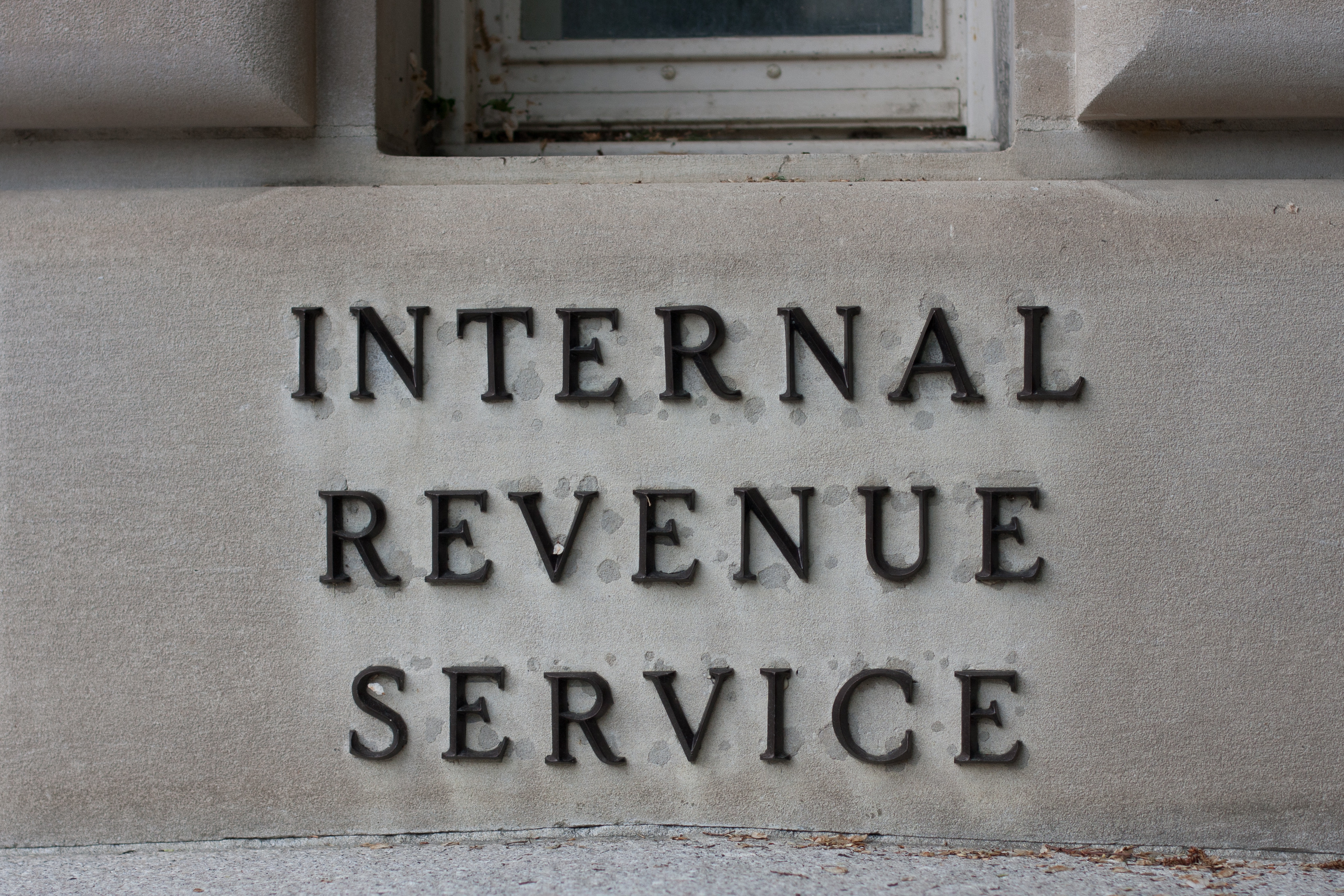The IRS Exempt Organizations Division 2011 for its Fiscal Year 2011 was released last month. The new year is a good time to review the Division’s priorities and how they might impact your organizations.
The Division will support five overarching IRS focus areas:
- Impact of Recent Legislation. The Affordable Care Act (ACA), the Hiring Incentives to Restore Employment (HIRE) Act, the American Recovery and Reinvestment Act (ARRA).
- International Focus. The Division’s concern in this area is whether charitable assets of exempt organizations are being diverted internationally for non-charitable purposes.
- Medical Residents.
- National Research Program – Study of Employment Tax Returns. Expect much greater scrutiny and enforcement. The IRS estimates employment tax misreporting constitutes a large part of the tax gap—close to $54 billion per year. Nonprofits should be especially careful about proper classifications of employees and independent contractors, fringe benefits, officer compensation, and employee expense reimbursements.
- Non-filer Initiatives. The IRS plans to effectively use enforcement resources to deter non-filers.
The Division’s new and ongoing initiatives include:
- Controlling Organizations- The IRC §512(b)(13) Project. The tax treatment of payments between controlled entities and their controlling tax-exempt parent organizations touches on several areas of tax law including unrelated business income, the allocation of income and deductions among taxpayers, and the transfer of property to controlled organizations.
- Charitable Spending Initiative. This is a study to learn more about sources and uses of funds in the charitable sector and their relationship to the accomplishment of charitable purposes. Initially, organizations targeted for examination include those with high levels of fundraising expenses, organizations reporting unrelated trade or business activity with relatively low levels of program service expenditures, organizations with high ratios of officer compensation in comparison to program service expenditures, and organizations with low levels of program service expenditures in comparison to total revenue.
- Colleges and Universities. The Division will continue to examine their unrelated business income, endowments and executive compensation practices.
- Form 990 as a Compliance Tool. The Form 990 is the IRS’ primary tool to increase transparency and to promote and enforce compliance with Federal tax law. The IRS will use the updated form to identify non-compliant and potentially non-compliant organizations for examination.
- Governance. Starting in FY 2010, EO began using a check sheet to capture governance practices and the related internal controls of the organizations being examined. EO will analyze the data over the long term to gain a better understanding of the intersection between governance practices and tax compliance.
- Section 501(c)(4), (5) and (6) Organizations. In recent years, IRS examinations have concentrated on section 501(c)(3) organizations. Beginning in FY 2011, the IRS will increase its focus on section 501(c)(4), (5) and (6) organizations, particularly with respect to political activity, inurement and the extent of compliance with the requirements for tax exemption.
The following projects are being wound down and being assimilated into the Division’s general casework (a so-called “project to process” approach):
- Combined Annual Wage Reporting. Make sure your employment tax reporting is accurate and complete.
- Consumer Credit Counseling Project. Not too many of 501(c)(3) credit counseling organizations left – 41 of 63 of the largest had their tax exemptions revoked in the initial phase; more than half of the remaining are in the process of having their exemptions revoked.
- Down Payment Assistance Project. Similarly, 87 of 91 DPA organizations funded solely by homesellers have had, or are in the process of having, their exemptions revoked.
- Executive Compensation Compliance Initiative: Loans Project. Over $5.5 million in intermediate sanctions (e.g., for excessive compensation to insiders) were assessed as a result of examinations and 11% of the examinations led to proposed revocations or terminations of the organizations.
- Political Activities Compliance Initiative (PACI). This initiative addressed allegations of prohibited political campaign activities by 501(c)(3) organizations. While the EO Division substantiated more than half of the allegations, it closed most of these cases only with warnings. Because some of the violations are becoming increasingly overt (Pulpit Freedom Sunday), at some point, we expect the IRS to start enforcing the electioneering prohibition more vigorously.
- Supporting Organizations- The 509(a)(3) Compliance Project. Of 300 supporting organizations examined, 30 were terminated, 72 had their exemptions revoked, and 59 were reclassified as private foundations or other forms of public charities.
You can read the entire FY2011 Workplan and Annual Report here.

You must be logged in to post a comment.